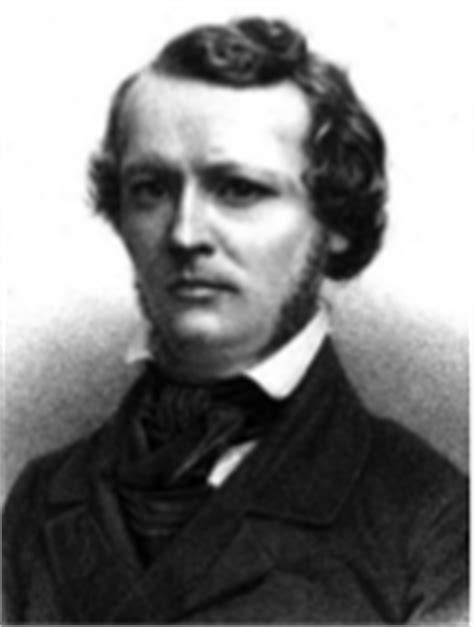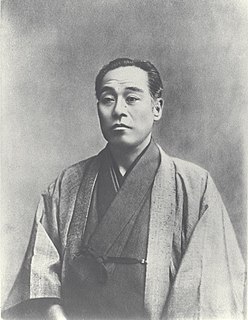A Quote by Philip Sidney
In the truly great, virtue governs with the sceptre of knowledge.
Related Quotes
First, my people must be taught the knowledge of self. Then and only then will they be able to under-stand others and that which surrounds them. Anyone who does not have a knowledge of self is considered a victim of either amnesia or unconsciousness and is not very competent. The lack of knowledge of self is a prevailing condition among my people here in America. Gaining the knowledge of self makes us unite into a great unity. Knowledge of self makes you take on the great virtue of learning.
In its broad sense, civilization means not only comfort in daily necessities but also the refining of knowledge and the cultivation of virtue so as to elevate human life to a higher plane... It refers to the attainment of both material well-being and the elevation of the human spirit, [but] since what produces man's well-being and refinement is knowledge and virtue, civilization ultimately means the progress of man's knowledge and virtue.
To look upon the soul as going on from strength to strength, to consider that she is to shine forever with new accessions of glory, and brighten to all eternity; that she will be still adding virtue to virtue, and knowledge to knowledge,--carries in it something wonderfully agreeable to that ambition which is natural to the mind of man.
The thief steals from himself. The swindler swindles himself. For the real price is knowledge and virtue, whereof wealth and credit are signs. These signs, like paper money, may be counterfeited or stolen, but that which they represent, namely, knowledge and virtue, cannot be counterfeited or stolen.




































